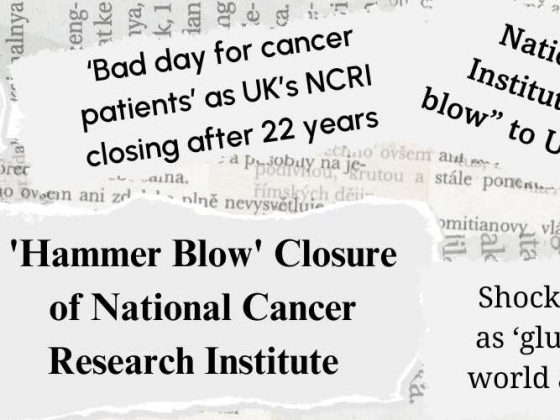High adherence to a ‘Mediterranean lifestyle’ is associated with lower cancer mortality in a dose-responsive manner. The study, published in Mayo Clinic Proceedings (16 August), showed that UK adults who are the most adherent to a Mediterranean lifestyle have a 29% lower risk of all-cause mortality and 28% lower risk of cancer mortality compared to those who are least adherent.
“This study suggests that it’s possible for non-Mediterranean populations to adopt the Mediterranean diet using locally available products and to adopt the overall Mediterranean lifestyle within their own cultural contexts,” says lead author Mercedes Sotos-Prieto, from La Universidad Autónoma de Madrid.
Epidemiological studies have demonstrated that higher adherence to the Mediterranean lifestyle is associated with a lower risk of cardiovascular disease, depression, frailty, pain, metabolic syndrome, and all-cause death. Most evidence on this lifestyle pattern comes from Mediterranean countries, with little known about the health associations of a Mediterranean lifestyle in non-Mediterranean populations.
“In this regard, there is a scientific debate about the definition of the traditional Mediterranean diet in the first place, and the potential transferability of this pattern to other countries beyond the Mediterranean basin with or without modification,” write the authors. The current study set out to examine the association between Mediterranean lifestyle and all-cause, cardiovascular disease and cancer mortality in a British population.
For the study, the investigators analysed the habits of 110,799 members of the UK Biobank cohort – a population-based study across England, Wales, and Scotland. Between 2006 and 2010, participants, who were aged between 40 and 75 and free of cardiovascular disease and cancer, provided information about their lifestyle according to three categories measured by the Mediterranean Lifestyle (MEDLIFE) index:
- Mediterranean food consumption, intake of foods that are considered part of the Mediterranean diet such as fruits and whole grains,
- Mediterranean dietary habits, adherence to habits and practices around meals including limiting salt and drinking healthy beverages,
- Physical activity, rest and social habits and conviviality, adherence to lifestyle habits including taking regular naps, exercising and spending time with friends.
Each item within the three categories was scored, with higher total scores indicating higher adherence to the Mediterranean lifestyle. Death information was obtained from death register records, with Cox regression models used to analyse study associations.
Results after a median follow-up of 9.42 years showed there were 4,247 deaths from all causes, 2,401 from cancer, and 731 from cardiovascular disease.
For all-cause mortality, in comparison to the first quartile, increasing quartiles of the MEDLIFE index had hazard ratios (HRs) of 0.89, 0.81, and 0.71 respectively (P-trend <0.001 for all-cause mortality).
For cancer mortality, in comparison to the first quartile, increasing quartiles of the MEDLIFE index had HRs of 0.89, 0.81, and 0.71 respectively (P-trend <0.001 for cancer).
The ‘physical activity, rest and social habits and conviviality’ category was shown to be most strongly associated with lowered risk; and furthermore was found to be the only category associated with lower risk of death from cardiovascular disease.
For cardiovascular disease mortality, the results were in the same direction: although not statistically significant, the HR for the fourth vs first quartile was 0.88 (95%CI 0.70–1.11; P-trend = 0.267).
For each two-point increase in the MEDLIFE index, results showed a 9% lower risk of all-cause mortality (95%CI 7%–11%), and 9% lower risk of cancer death (95%CI 6%–12%).
All the MEDLIFE categories were found to be independently associated with lower all-cause and cancer death, with block 3 being associated with lower cardiovascular disease mortality.
The MEDLIFE index, suggest the authors, comprehensively captures multiple lifestyle components that share ‘interrelated biological mechanisms’. These mechanisms are likely to include anti-inflammatory and antioxidant properties of the Mediterranean diet, anti-ageing effects of physical activity at multiple levels, sleep disturbance being linked to increased inflammatory markers, and social support decreasing stress-induced inflammation.
“Ways to encourage countries away from the Mediterranean to follow the Mediterranean lifestyle include emphasising the use of fresh, local produce and ingredients in Mediterranean-style meals,” Sotos-Prieto told Cancerworld. “Changing dietary habits and lifestyle is a gradual process, but picking realistic goals, even if small, and sustaining them over time can make a difference.”
Additional work, she adds, is needed to better understand how to culturally adapt the Mediterranean diet to make it more appealing and practical for diverse populations in non-Mediterranean countries. “This involves considering local culinary traditions and food preferences, with affordability also being a question,” says Sotos-Prieto.












